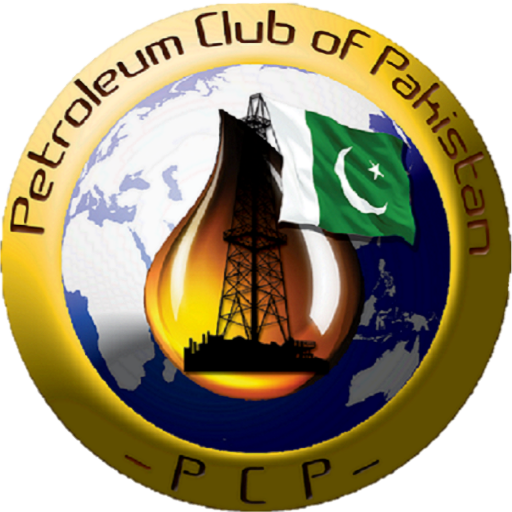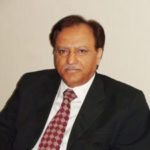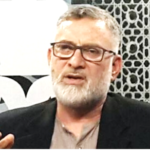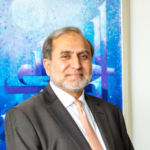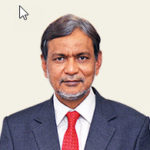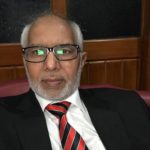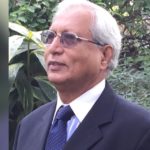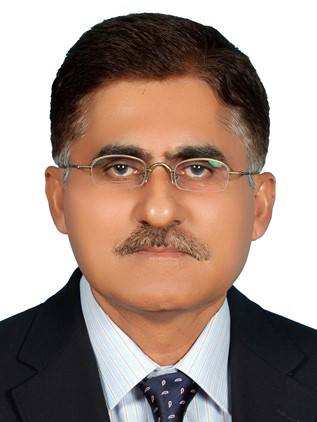
If the Covid-19 pandemic and Russia-Ukraine conflict and the disruptions in energy supplies and price shocks in their aftermath were not enough to make the global energy landscape slippery, the recent clash in the Middle East has turned it even muddier, complex, and uncertain. This demands a thorough revisit of the challenges we face in the energy sector and seriously rethink our approach to dealing with them.
A quick glance through three prominent global energy outlooks, the IEA’s World Energy Outlook 2023, BP’s Energy Outlook 2023, and Bloomberg NEF’s Energy Outlook 2022, though slightly different in their approaches to reaching the common goal of decarbonizing the world’s energy system by 2050, have a consensus that the global energy scene will be dominated in the future by the following strategic drivers:
Society’s concerns about the potential climate change will continue to force most nations to strive for more efficient and less energy- and carbon-intensive development pathways. Energy will remain the central to these efforts as over 75 percent of the greenhouse gas emissions originate from this sector.
Renewable energy technologies, mostly solar and wind, will play a vital role in serving future energy demands as the massive reduction in the levelized cost of producing electricity from these (about 90 percent for solar PV, 70 percent for onshore wind and 60 percent for offshore wind) makes them top contenders for future electricity supplies. This trend will gain further impetus because it’s far below the level needed to meet the Net Zero Emission limits. IEA in its Outlook 2023 estimates that global investments in these technologies will rise from the present $1.0 trillion on average to $1.4 trillion by 2030 and will maintain that level through to 2050.
Electric vehicles (EVs) are making rapid inroads into the transport sector to replace oil. Globally, their sales have gone up from 3 million in 2020 to over 10 million in 2022 (15 percent of new sales) and are expected to reach 100 million (40 percent) by 2030. EVs will not only reduce our appetite for oil but will also contribute significantly to provide backup storage to power grids.
Encouraged by successful development and deployment in the EVs field, utility-scale energy storage technologies are also expected to dominate the energy, and especially electricity, markets enabling the society to meet its energy demand from electricity derived from renewable resources, mainly solar and wind.
At present electricity is largely used in industries to drive motors (roughly 65 percent) only. It has the potential to power many other processes, especially heating. In the face of pressure to reduce dependence on fossil fuels, the industrial sector will be compelled to switch to electricity in the future, particularly for the processes that rely on oil and gas.
The world around us is turbulent and is expected to remain so in the foreseeable future. Uncertainty, unpredictability, and instability will rule the global markets. Pakistan should prepare for navigating through these turbulent times by avoiding its energy sector from becoming locked into any long-term fossil fuel-based schemes, especially those prone to disruption and price shocks from geopolitical conflicts.
A smart grid will be critical in the future when the share of solar PV and wind generation is rising rapidly. Investment will be needed to provide adequate system flexibility (system’s ability to manage the supply-demand balance). Energy storage (including batteries) and demand response will be critical for smoothing out resource uncertainty and variability.
Following the footsteps of developed countries, developing nations will also strive to reduce energy intensity (the ratio of energy supply to GDP) in their systems. There is considerable scope of realizing this potential in built environment and consumer appliances. This will form an important component of most countries to squeeze more value from their existing resources and lessen their environmental footprint.
Uninterrupted and economic supplies of critical materials such as lithium, nickel, cobalt, and copper will be critical to keep clean energy transitions affordable. These supply chains today are highly concentrated, more so than the distribution of fossil fuel resources. Therefore, these will continue to pose risks to any country that depends largely on them.
Pakistan, being a low-income and import-dependent, cannot remain immune from the above trends. We must rethink our energy strategies to reflect the new realities and turn them into opportunities. Fortunately, we have a host of options and policy choices available. The crucial step is to put these into action.
Pakistan’s energy vision in the above backdrop, should build on seven strategic pillars: (i) deployment of renewable and sustainable technologies; (ii) shifting of its transport to renewable-derived electricity; (ii) deploying of energy storage technologies; (iii) production of alternative fuels from sustainable sources; (iv) electrification of industrial processes where practicable; (v) interconnection with neighboring electric grids; (vi) enhancing of energy conservation and efficiencies; and (vii) building a flexible, modular, and enabling energy transportation and delivery infrastructure, especially a smart power grid.
There is nothing novel in the above list. Our leaders may already be aware of these trends. The real issue is how quickly and effectively they can be put on ground. The following steps will help to manage the desired transition.
We require a clear roadmap to define the ultimate shape and structure of the energy sector, by laying down its building blocks and how these are to tie with each other and charting a set of clear and concrete strategies to achieve the nation’s strategic objectives.
The world is moving to phase out its dependence on fossil fuels and switch to electricity derived from renewable and sustainable sources as the main carrier for serving its energy needs. This requires holistic thinking, close coordination, and collaboration among different entities within the energy sector. We need to merge the existing entities in a new entity (like a “national energy commission”) and entrust it with the task of strategic planning, policy formulation, and regulation in the country.
We also need an umbrella legal framework to guide the required transition by defining the nation’s strategic priorities and establishing ground rules and regulations to encourage schemes that are responsive to and supportive of the nation’s strategic energy vision. Future decisions must not base on least cost in any part or sub-sector but from a broader value addition such as security, affordability, and sustainability.
We will need strong modelling capacity to regularly study the threats and challenges posed by global trends. Local capacity for planning of efficient, clean, and renewable energy generation, transportation, and delivery schemes will be critical. A necessary ingredient of this capacity will be acquiring the tools for planning and design of such schemes and the data for this process.
Suitable financial schemes will be needed to encourage investments in small-scale and distributed energy supply and demand management projects that might otherwise be unattractive to private investors. These can be introduced from the platform of public utilities to cover, or at least share, the initial costs of such projects and later recover these in customers’ bills.
A supportive Research & Development setup will be needed to inform energy sector decision-making. This R&D program should be tasked to explore the scope of different potential strategies to realize each energy option, identify any hurdles and how these can be removed, and their cost-effectiveness. The new entity proposed above will be the best platform through which such R&D can be assigned and managed.
The world around us is turbulent and is expected to remain so in the foreseeable future. Uncertainty, unpredictability, and instability will rule the global markets. Pakistan should prepare for navigating through these turbulent times by avoiding its energy sector from becoming locked into any long-term fossil fuel-based schemes, especially those prone to disruption and price shocks from geopolitical conflicts.
Remaining flexible, adaptable, and robust to any such episodes is the best approach for Pakistan to secure affordable, economic, and sustainable energy supplies for its economy and people.
